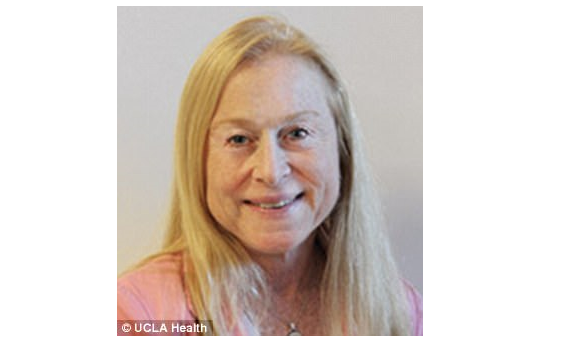A California case is raising questions again about whether medical professionals sometimes hasten gravely ill patients’ deaths to increase the chance of harvesting their organs.
California police are investigating whether this was the case with an 8-year-old boy who died in 2013 at Ronald Reagan UCLA Medical Center in California, Fox News reports.
The boy, Cole Hartman of Castaic, California, died after nearly drowning in a washing machine and going into cardiac arrest. New details from a Los Angeles County coroner’s investigation have led to additional questions about the manner of Cole’s death, the Los Angeles Times reports.
Denise Bertone, a registered nurse assigned by the coroner to investigate Cole’s death, claims medical charts show Cole “continued to gasp for air” after he was taken off life support. She also alleges that an anesthesiologist gave the boy a large dose of fentanyl for his size, 47 pounds, not long before he died.
The coroner’s investigation alleges anesthesiologist Dr. Judith Brill gave Cole the high dose of pain medicine “with the purpose of inducing his death,” so that his organs could be harvested before they deteriorated, according to the report.
SUPPORT PRO-LIFE NEWS! Please help LifeNews.com with a donation
Brill denies the claims. Police said they are investigating Bertone’s report on the case.
Here’s more from the report:
[T]he manner of death — accident or homicide — remains open pending the outcome of the police investigation.
Bertone’s allegation is outlined in a whistleblower lawsuit she filed last month claiming she suffered work retaliation for raising questions. The county has yet to respond to the suit in court.
The allegation is “factually wrong and patently offensive,” a lawyer for the anesthesiologist, Dr. Judith Brill, said in an email to the Times.
Attorney Mark Werksman wrote that Brill’s “only concern was to assure that this child, who had drowned and was never going to recover, would not suffer any pain following the removal of life support.”
Cole had fragile X syndrome, which can cause physical and mental disabilities. In 2013, Cole’s father described finding Cole with his head in a running washing machine after coming in from mowing the lawn. When paramedics arrived, they said Cole was in cardiac arrest, but they were able to restart his heart, according to the report.
At the hospital, doctors said Cole was not brain dead but he would never regain consciousness; and his parents decided to take him off life support and donate his organs, the report states.
Organ harvesting has become an increasingly concerning issue for pro-life advocates. Many fear that patients’ organs are being treated as more valuable than their lives.
Some doctors have admitted to hastening their patients’ deaths.
In 2014, Bobby Schindler of the Terri Schiavo Life & Hope Network wrote: “A 1998 article from the Journal of the American Medical Association (JAMA) reported that hastening death is occurring and is not rare. In a survey of 355 oncologists, “(15.8%) reported participating in euthanasia or physician assisted suicide,” and “38 of 53 (72%) oncologists described clearly defined cases of euthanasia or physician assisted suicide.1”
Life Issues Institute explains that money could be a motivating factor:
What’s the motivation for medical professionals to risk their credibility and the trust of American citizens? Dick Teresi, who once supported brain death, has written a compelling book called “The Undead” which pinpoints areas of temptation. An excerpt of his book has been posted online.
There’s certainly the money. Teresi reports the transplant industry generates $20 billion annually, spending over one billion on immunosuppressive drugs and pays transplant surgeons handsomely. Hospitals aren’t left empty-handed either. They receive a “finder’s fee” explained as “administrative costs.” The only ones banned from the money gravy train are the donors and their families.








